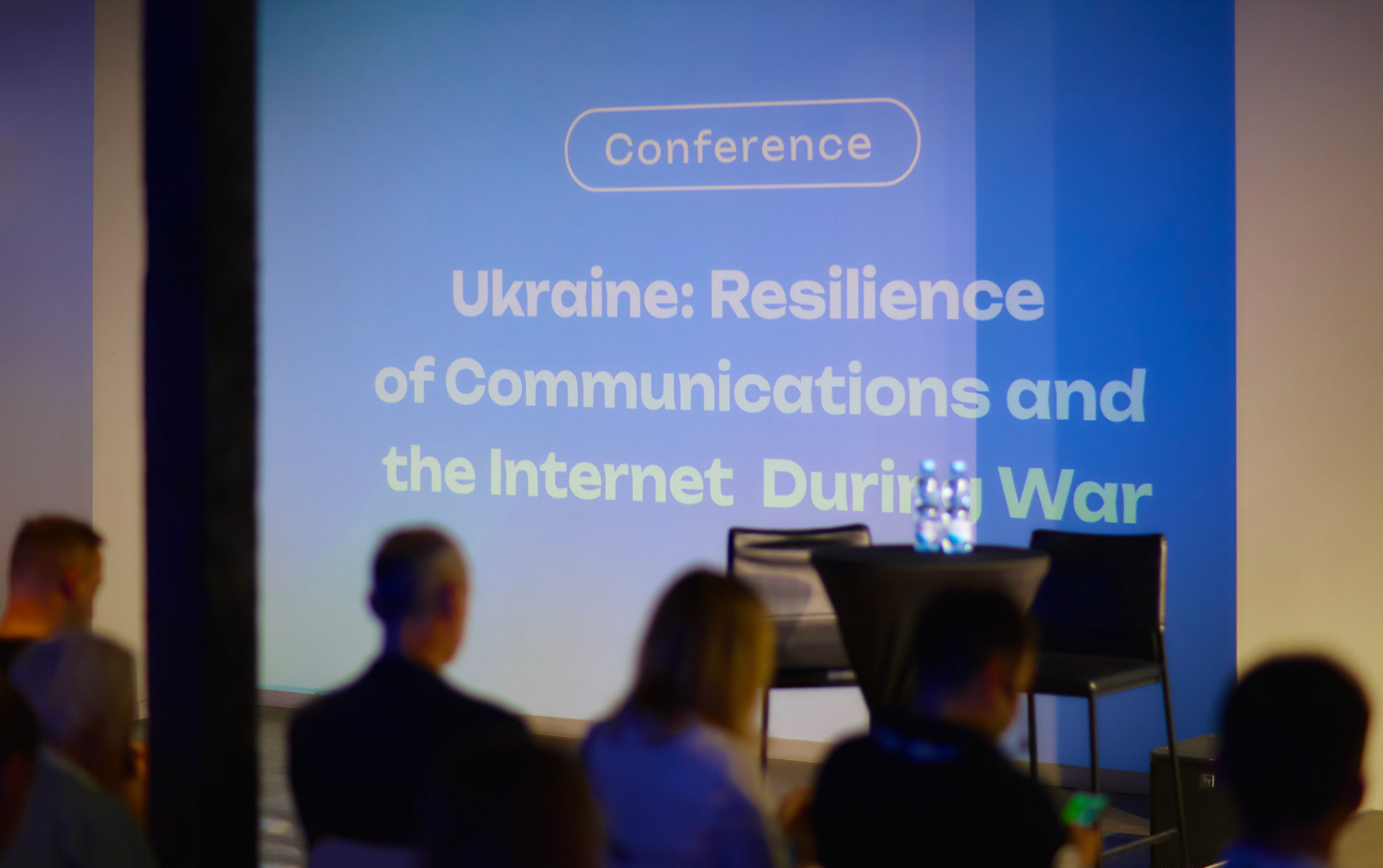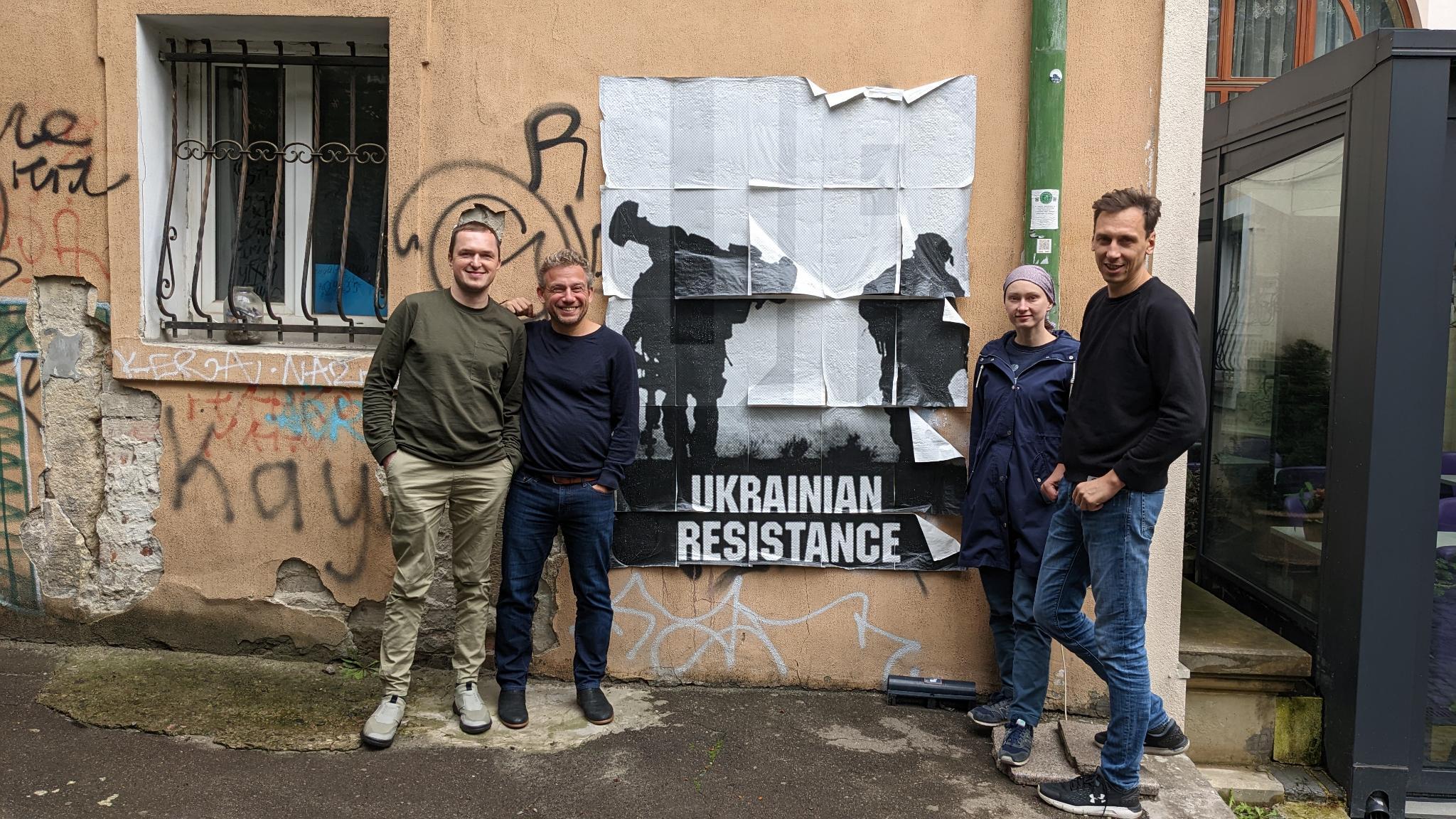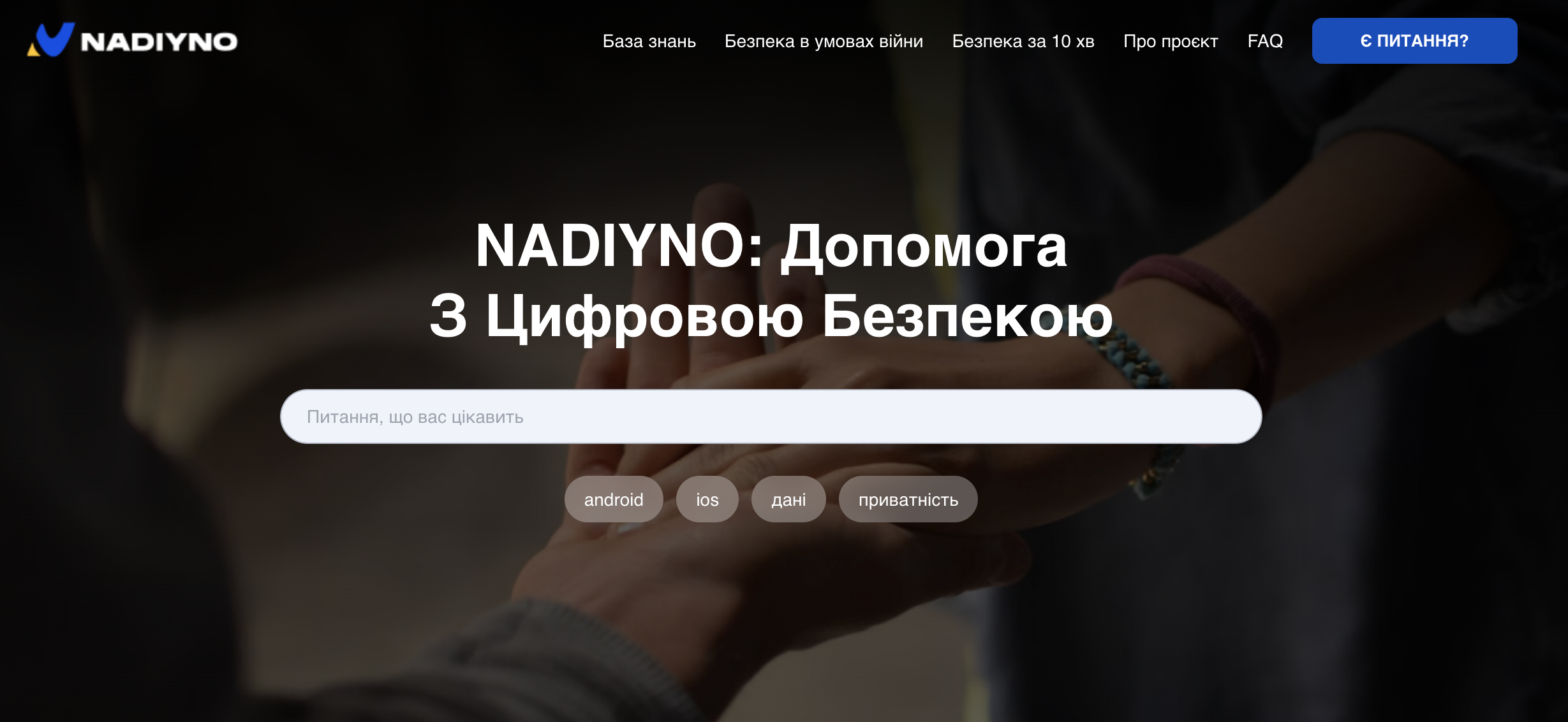Ukraine
-

Ukraine Deserves to Win. Nobel Peace Prize Laureates To Send a Powerful Message to the US Government
From July 25 to 28, 2023, a delegation of the 2022 Nobel Peace Prize laureates from Ukraine, Belarus, and Russia…
-

How decentralization saved the Ukrainian internet: lessons from 2022, government officials and telecom industry reflect in Kyiv
The Ukrainian telecoms market incurred $2.3B in losses during the initial year of the invasion, per the World Bank. Key…
-

Donate to Keep Ukrainians online
Since October 2022, Russia has been targeting critical civilian infrastructure in Ukraine with its missiles and drones. Attacks have degraded…
-

A year in review: eQualitie’s reactions to the war in Ukraine
Since the beginning of the second invasion in February 2022, eQualitie has launched a series of rapid efforts focusing on…
-

Keeping Ukrainians online during electricity outages
A cargo weighing 6,600 kg as humanitarian aid arrived in Ukraine from Poland, where eQualitie purchased a series of batteries…
-

Launching the Ukrainian digital security helpline – Nadiyno
On 8th of November 2022, eQualitie and Internews Ukraine are launching nadiyno.org – the first national digital security helpline in…
-
eQualitie launches CENO, world’s first decentralized p2p mobile browser
CENO Browser lets anyone access and share information in areas with censored communications Montreal, May 10, 2022 – eQualitie, developer…